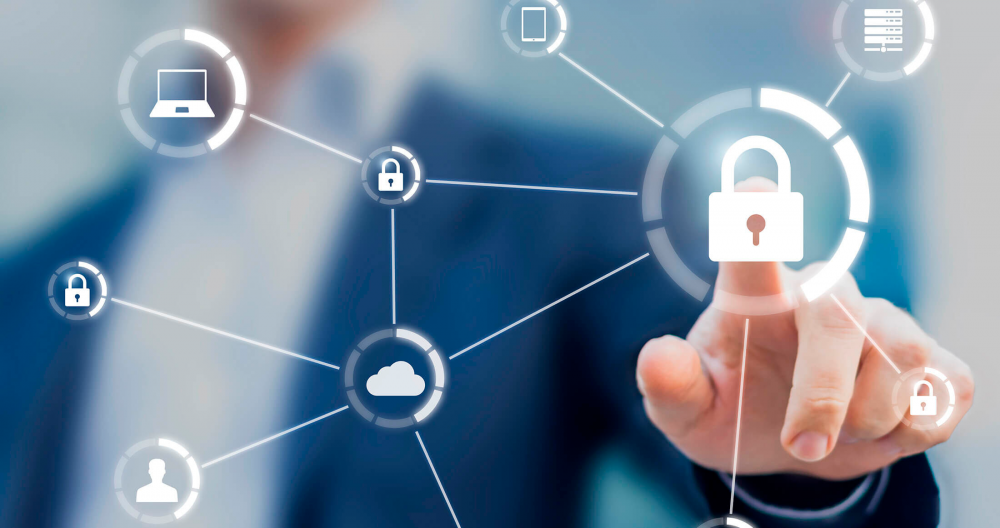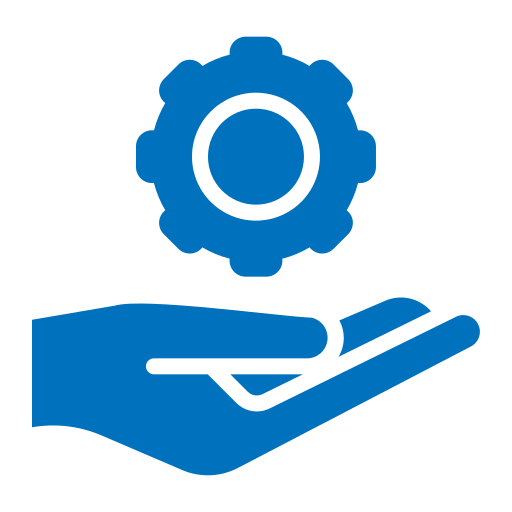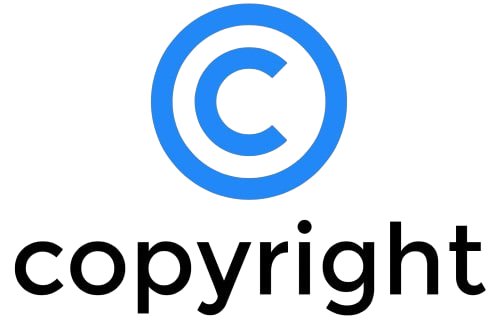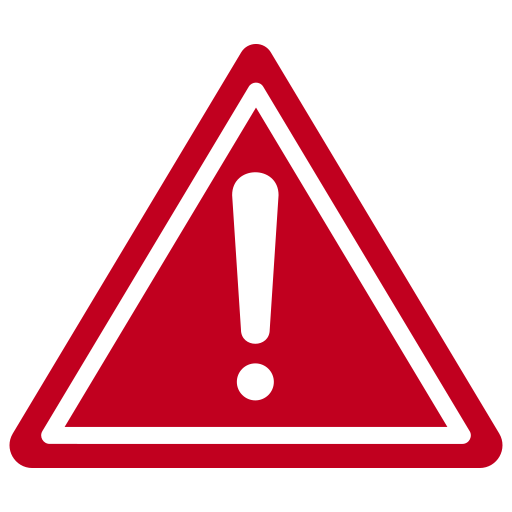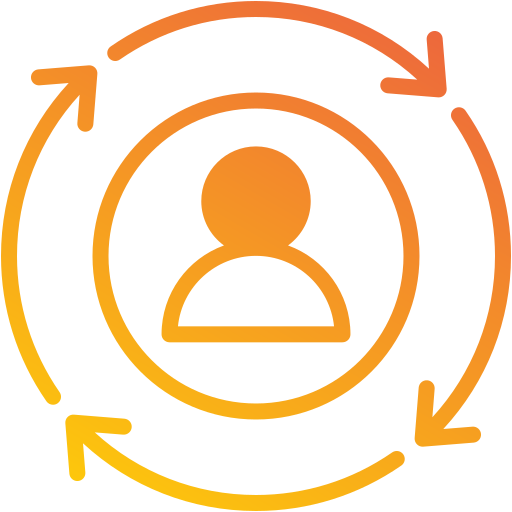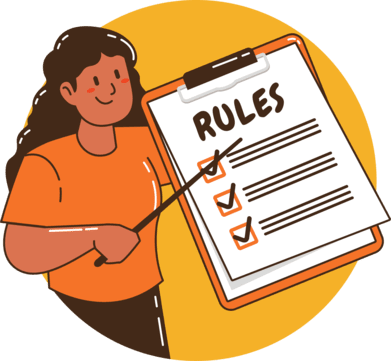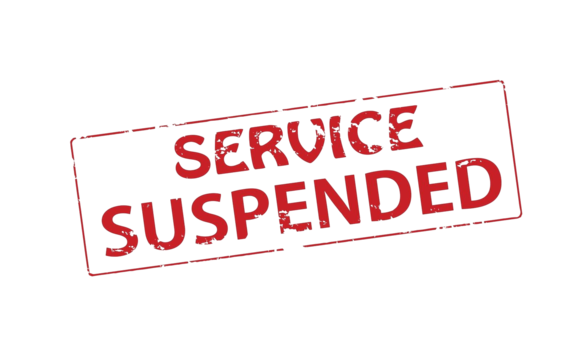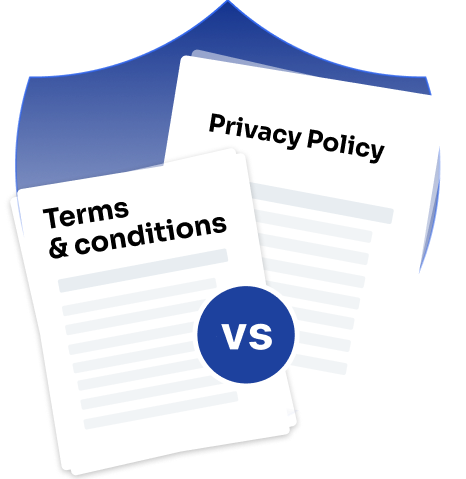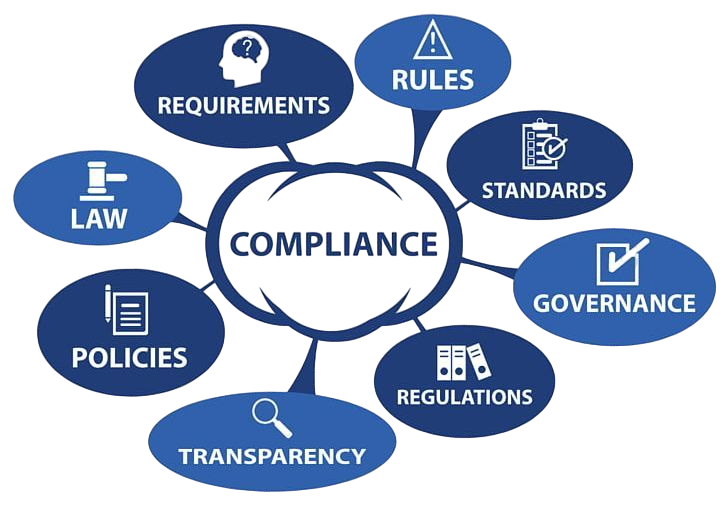- Accessing Our Platform
- Intellectual Property Rights
- User Guidelines and Responsibilities
- Keeping Your Account Secure
- Service Usage Rules
- Legal Notices and Compliance
- Liability Limitations
- Content Ownership and Copyright
- Account Suspension and Service Termination
- Updates to Terms and Policies
- Legal Compliance and Regulations
Accessing Our Platform
Using our site requires you to follow our policies and fulfill certain access criteria. Those who meet these criteria are permitted access to our services; you must be of legal age in your country in order to transact or participate on our platform. Using the platform lets you verify that you fit these requirements.
Using the platform calls for a suitable device and a current internet connection. Making sure your gadget satisfies the technical requirements needed for a seamless interaction with the platform falls to you. We cannot guarantee the operation or compatibility on all devices or in all areas even although we aim to make sure the platform runs properly across a range of devices and browsers.
Furthermore, the platform can have technological limits in place to protect system security and integrity. For instance, certain services may not be accessible where you live or access might be limited depending on legal criteria. You have to make sure you follow any relevant local rules on internet use and online activity within your nation.
Please be advised that, especially should you violate any of the terms and conditions specified in this agreement, we retain the right to suspend or revoke access to the site at our will. Along with potential legal action, unauthorized access – including trying to access restricted or forbidden parts of the platform – will immediately suspend or terminate your account.
You are in charge of any activity done under your account as well as of protecting your account data, including login passwords. Although you are ultimately liable for any action done under your account, even if you did not directly start it, we advise against sharing your account details to anybody.
Furthermore, should you see any suspicious behavior or illegal use of your account, you should let us know right away so that we may act accordingly to protect your account and data.
You agree not to use the site for any commercial or illegal activities; its contents are meant only for personal use. Any illegal use – including content or material distribution or copying from the platform – is forbidden.
Sometimes we could amend the conditions of use to fit legal requirements or to represent changes in our offerings. Any major modifications will be communicated to you; your continuous use of the platform after such updates will show that you accept the changed terms. Reviewing the conditions on a regular basis helps you to be informed about any revisions.
Using the platform means you agree to respect the intended use of the platform and to follow these terms. We promise you a safe, secure, and fun experience; thus, following these conditions is crucial to keep a good connection between you and our business. Please contact our customer care staff for help should you have any questions or issues about these terms.

Last used 6 minutes ago
Intellectual Property Rights
Legal protections conferred upon authors, inventors, and companies for their unique work and ideas are intellectual property rights (IPR). Among these rights are copyrights, trademarks, and protection of other intellectual property forms. Intellectual property rights are very important in India in safeguarding the creative and inventive efforts of people and companies. Anybody using platforms handling digital material, goods, or services must first understand these rights.
Protection of intellectual property most often comes via copyright. It gives the producer of an original work alone rights to use and distribute. This covers creative productions, music, movies, books, and programs as well as tools. Once a work is produced and fixed on a physical media in India, copyright protection is immediately conferred without regard to registration. Still, registration offers other legal advantages, including the possibility to seek statutory damages should infringement occur.
Still another important feature of intellectual property protection are trademarks. A trademark is a sign, word, phrase, logo, or other unique characteristic that sets one product or service apart from another. The trade markings act, 1999 controls trademark registration and protection in India. Once registered, a trademark owner has the exclusive right to use the mark and stop others from adopting a similar mark that can confuse customers. Protection of company assets and brand awareness depend on this.
The use of content online in the digital era has begged issues concerning intellectual property, particularly with relation to the usage and distribution of copyrighted items. Users ought to be aware of the guidelines controlling content consumption in order to stay out of breach. Terms of service of platforms can indicate the allowed use of their material and the penalties of violation. Unauthorized use of copyrighted material may lead to legal ramifications like content removal, financial fines, or even litigation.
Whether movies, photographs, music, or essays, users of any platform must respect the intellectual property rights of creators and owners while engaging with material. This entails not downloading, distributing, or copying materials without appropriate permission. If a user wants to use material covered by copyright, they have to get permission from the rights holder or make sure the usage fits under fair use or fair dealing, if relevant.

Last used 6 minutes ago
User Guidelines and Responsibilities
Users of any platform have to follow certain rules to guarantee a legal, polite, and safe surroundings. These rules list the acts both permitted and forbidden on the platform. Knowing these obligations guarantees that users’ engagement stays compatible with relevant rules and helps them avoid breaking the terms of service of the site.
Permitted Actions on a platform typically include:
- Accessing and using content for personal, non-commercial purposes, as long as it doesn’t infringe on intellectual property rights.
- Sharing personal opinions, comments, and feedback in a constructive and respectful manner.
- Participating in discussions and activities in compliance with the platform’s community guidelines and rules.
- Creating original content and sharing it in a manner that respects the rights of other users and creators.
On the other hand, there are several prohibited actions that users should avoid:
- Unauthorized sharing of copyrighted material: Users are not allowed to upload or share content that they do not own or have explicit permission to use. This includes pirated music, videos, software, and other digital media.
- Harassment and bullying: Users must refrain from engaging in abusive, harmful, or discriminatory behavior towards others. This includes hate speech, threats, or personal attacks.
- Spamming: Spamming involves posting repetitive, irrelevant, or unsolicited messages. This behavior disrupts the platform’s functionality and annoys other users.
- Infringement of privacy: Sharing personal information about others without consent is strictly prohibited. This includes doxxing or distributing private details about individuals without their permission.
Malicious activities: Engaging in activities that harm the platform, its users, or its content, such as hacking or distributing malware, is strictly forbidden.
Users also have duty to make sure their actions on the site don’t break national laws where they live. For instance, severely forbidden is material about illicit acts such child exploitation, terrorism, or drug trafficking. Users also have to follow regional cultural standards and refrain from distributing anything that can be objectionable or unsuitable in the setting of India.
Platforms might also demand users to follow age limitations. Some platforms could limit users under a specific age, particularly in relation to material on gambling, adult themes, or violence. To provide a safe experience, users must be truthful about their age and obey the platform’s policies.
Ignoring these rules could have negative effects including legal action, content removal, and account suspension. Before participating in any activity, users should so thoroughly review and comprehend the terms of service and community regulations of the site.
Keeping Your Account Secure
Regarding online services, maintaining security of your account is really vital. Users have responsibility for making sure their accounts are secure and for safeguarding their personal data from any hazards. Cybersecurity is more crucial than ever in the digital age we live in and there are numerous methods to protect your account.
Using a strong, unusual password comes first and most importantly. Strong passwords need to combine symbols, numerals, uppercase and lowercase letters, and symbols. Steer clear of using readily guessed passwords such your name, birthdate, or popular terms. Additionally strongly advised for an extra degree of protection is two-factor authentication (2FA). This additional step guarantees that someone cannot access your account without the second authentication method even if they have your password.
Furthermore, you should exercise caution against phishing attacks – that is, false efforts to get private data by passing for a reputable company. Never provide your login credentials; always confirm that the website you are using is real. Should you find unwelcome emails or messages requesting your account information, use caution and refrain from clicking on any links.
Moreover, you should routinely check your account for any unusual activity. Tell us right away if you see any odd transactions or changes to your account settings. Make sure your recovery details – including your phone number and email address – are current so you can quickly get back in if your account is hacked.
Eventually, keep your gadgets safe. Update your operating system and applications always to the most recent versions; these updates usually contain security fixes meant to guard against fresh vulnerabilities. Scan for viruses with antivirus software; stay away from utilizing public Wi-Fi networks to access private accounts as these networks are usually unprotected.
Service Usage Rules
Using internet services requires one to be aware of the policies controlling their use. These guidelines specify the allowed and forbidden behavior that users have to follow, therefore guaranteeing responsible and fair usage of the site.
Users should first and most importantly respect the rights of others. This covers avoiding any action that could endanger, annoy, or violate the rights of other users. Tolerance of abusive language, hate speech, or any kind of discrimination is non-existent. Users should also not participate in any unlawful activity such spamming, fraud, or distributing unauthorized materials.
Users should also be careful of the content limits of the site. Legal, moral, or communal rules may limit or prohibit certain materials. Understanding and following these limitations can help one to prevent any infractions that could result in fines or account suspension.
Depending on the user’s location, age, or other circumstances, access to certain material may also be restricted. Age-restricted materials, for instance, may not be available to children, and local laws or rules could prevent certain geographic areas from having access to particular services. Before trying to access certain material, make sure you have the required rights to do so.
Users also have duty to keep their account credentials private and to make sure nobody else has illegal access to their account. It is absolutely forbidden to share your account information with others as it could be used improperly and terms of service of the site will be violated.
At last, platforms may restrict how their offerings may be used to guarantee equitable use and deter exploitation. These constraints can be on the frequency with which you log into your account, the quantity of data you can download, or the number of transactions you might do within a certain period. It’s crucial to understand these restrictions and stay away from trying to go around them.
Legal Notices and Compliance
Users of online platforms – especially those connected to gambling – should be aware of the legal background in which they operate. Online gaming and gambling are governed legally in India by several states and a convoluted system. While some jurisdictions have approved gambling in certain forms, others impose strong rules or outright prohibitions. Any platform, including those featuring online casino games, must guarantee that it follows the relevant legislation in the area of operation.
For Indian users, platforms are required to adhere to the following principles of compliance:
- Legal Age Requirements: Usually set at 18 or older, most platforms need a legal age to guarantee that only qualified individuals may participate in gaming. Platforms have to confirm users’ age by means of identification checks in order to stop minors from engaging.
- State-Specific Regulations: Platforms have to make sure their offerings follow local laws as gaming rules differ between Indian states. Online betting or gaming may be allowed in certain states while it is absolutely forbidden in others.
- Platforms have to also follow consumer protection laws to guarantee the security of users’ financial and personal information. This includes verifying that consumers’ sensitive data is safeguarded and using encryption methods for financial transactions.
- Legal systems are sometimes obliged to support ethical gaming policies. This covers providing tools and encouragement for gamers who could struggle with gambling addiction. Platforms are supposed to provide players choices for limit setting, self-exclusion, and other tools to assist control their gaming habit.
- Taxation and Reporting: Indian users engaged in online gaming or betting might be liable for gains taxes. Users owe it to the tax authorities to disclose any gains as mandated legally. Platforms also have to work with authorities by, if asked, supplying required reports.
Platforms running in India must comply with these rules if they want to have a reliable connection with their consumers and guarantee they are providing services under the legal limits.

Last used 6 minutes ago
Liability Limitations
Users of internet platforms – especially those providing gambling services – should be aware of the conditions pertaining to liability restrictions. These words define the degree to which a platform may be liable for damages, losses, or other problems that could develop during service usage.
- Many platforms have a disclaimer of warranties, thus the platform does not promise that its services will always run without faults or disruptions. Technical problems such downtime, system failures, or transaction delays are not covered by the platform; users are advised of this.
- Platforms may incorporate particular terms limiting their duty for certain kinds of losses, including indirect or consequential damages. This implies that the platform may not be entirely liable even if a user suffers a loss resulting from a mistake or neglect on its behalf. Usually, users are recommended to check these restrictions and realize they are signing a service agreement wherein the liability of the platform is confined.
- Users of the site are required to answer for their own activities. This includes following the terms and conditions of the platform, making moral judgments, and making sure their operations follow relevant legislation. Should a conflict arise, users might be obliged to settle problems either via arbitration or straight with the platform instead of pursuing legal action in court.
- Platforms can demand users to indemnify and hold the platform innocent from any claims, damages, or obligations resulting from their activities. This implies that should a user break the conditions of the network or participate in unlawful activity, they might be obliged to pay for damages or expenses for the platform.
Many platforms include a force majeure provision, which shields them from accountability should unanticipated circumstances beyond their control strike. Natural catastrophes, government policies, technological faults, or other situations that stop the platform from providing its intended services might all be part of these occurrences. Under these circumstances, users may not be entitled to reimbursement for any inconvenience generated.
Content Ownership and Copyright
Any online platform, particularly in an environment like India where innovation and intellectual property rights are acknowledged and protected by law, depends critically on content ownership and copyright protection. Content protection guarantees that works of authors be kept protected from illegal use or replication, therefore safeguarding their reputation and possible income.
The Copyright Act of 1957 provides writers, inventors, and performers exclusive rights over their creative works, hence guiding copyright rules in India. These rights span literary, musical, artistic, and even software code forms of creative works. The legislation guarantees authors their intellectual contributions are paid for and provide a structure for them to defend their material against infringement.
Regarding anything uploaded on a platform – whether it a blog, social media, or any other digital service – users should be advised that, unless otherwise stated in terms and conditions, the author usually owns the material. Posting material on a platform, however, can let users license the platform to use, show, or distribute such material in line with platform regulations. Usually non-exclusive, royalty-free, and revocable, this license lets the platform utilize the material but cannot be claimed as owned.
The platform has to make sure that any material utilized or shared respects third-party copyrights. Users that publish copyrighted content without permission or against copyright laws run legal risk. Users should grasp the idea of fair usage and the importance of getting permission from copyright holders when necessary to prevent such problems.
Most systems let users report a copyright infringement if they feel their rights have been violated. Usually, this approach include contacting the platform about the particular items in issue and providing documentation of ownership. The platform therefore has an obligation to respond appropriately, either deleting the infringing material or deleting the user’s account should they often break copyright rules.
Account Suspension and Service Termination
Platforms’ most important actions in maintaining a safe, secure, and legal environment for every user are account suspension and service termination. Usually, these behaviors start when a user breaks the terms of service of the platform or participates in activities that can damage it or its community. Platforms in India must implement such policies in accordance with local laws, which can include clauses under the Information Technology (Intermediary Guidelines and Digital Media Ethics Code) laws of 2021.
Usually, account suspension results from a user breaking platform policies but being given an opportunity to correct their actions. This temporary action limits access to the platform’s offerings for a certain duration, therefore enabling the user to handle the breach. An account could be suspended, for instance, for spamming, harassing, or publishing offensive material. Suspension not only stops further harm to the site but also gives users chances to change their conduct or settle conflicts.
Conversely, service termination is the deliberate withdrawal of a user’s platform access. Usually, a user who violates the site regulations severely or regularly choose this choice. Cases involving fraud, criminal activity, or recurrent copyright infringement, for instance, can cause an account to be terminated. Under these circumstances the user will not be able to access their account, utilize any services, or recover any personal information or material connected with that account.
Suspending or terminating an account has major repercussions. Users can lose any credits, material, or awards gathered on the site in addition to their access to it. Account termination may cause lost vital work, branding, and even income for companies and content providers.
Users of the site have to follow its terms and conditions and refrain from participating in forbidden actions in order to stop such results. Depending on the dispute resolution mechanism of the platform, users usually have the opportunity to appeal the decision in case of account suspension or termination. This procedure guarantees that the case of the user is examined properly and that any judgments taken follow the rules and relevant regulations of the platform.

Last used 6 minutes ago
Updates to Terms and Policies
Companies are always upgrading their terms of service and policies in the digital age of today to remain compliance with evolving legislation, improve customer experience, and handle new challenges. These modifications should be known to Indian consumers so they may grasp how they could influence the use of platforms and services. Often required to comply with local laws, these upgrades offer users better instructions, therefore safeguarding the business and users from any hazards.
Platforms must inform its users of any notable changes. Platforms often alert consumers of upgrades in India using email, on-site ads, or alerts within the app or website. These alerts ought to be freely available and explicit, delineating the changes in the rules or agreements. Usually, users have the option to accept the new conditions either by specifically consenting or by keeping on using the service. Should a user object to the revised conditions, usually their choice is to terminate their account and cease using the site.
Changes in privacy regulations, new features being added to the platform, or security protocol enhancements are some typical causes for term and policy revisions. For instance, the Personal Data Protection Bill in India might force businesses to change their privacy practices in order to guarantee compliance. Furthermore, any improvements made must be in conformity with the legal requirements of the nation, which may vary from international criteria, notably in the framework of data storage, user rights, and consent management.
Legal Compliance and Regulations
For users as well as platforms, following legal and regulatory guidelines is very vital. Platforms operating in India have to follow local laws including those controlling consumer protection, privacy, online transactions, and consumerism. Legal compliance guarantees that platforms run fairly and openly, therefore preserving user interests and a close interaction between the platform and its users.
Understanding and applying the local rules on data privacy is one of the most crucial components of legal compliance. The Personal Data Protection Bill, meant to guard consumers’ personal data against exploitation, is already under implementation in India. Platforms running in India have to follow the guidelines of this law by guaranteeing safe data collecting, storage, and processing. Users have to be provided unambiguous knowledge on the gathering of their data and the intended use for it. Users also have to be given the choice to let data processing go through.
Following consumer protection rules is yet another crucial component of legal compliance in India. Resolving conflicts between customers and service providers is framed by the 2019 Consumer Protection Act. It guarantees that users have means to report unfair commercial practices or defective products. Platforms are supposed to keep pricing transparent, provide unambiguous conditions for returns or refunds, and quickly answer customer complaints.
India also has rules around online gaming, gaming, and e-commerce sites enterprises have to follow. Guidelines controlling internet sites providing financial services, gaming, and other connected activities have been established by the government. Platforms ought to be licenced and controlled to guarantee they are running within the legal system. Before using any platform, users should always confirm whether it is licenced and controlled.
Global platforms notably depend on international legal conformity, which is equally vital. These systems have to follow local rules when relevant or international guidelines as the General Data Protection Regulation (GDPR) in Europe. High standards for user privacy, consent, and openness these rules establish define.


